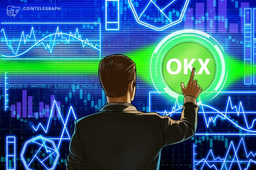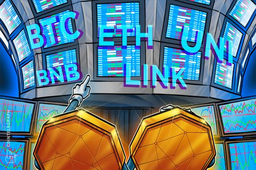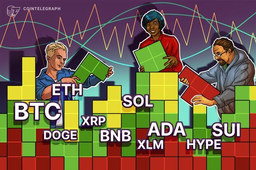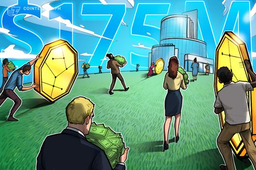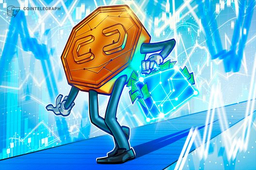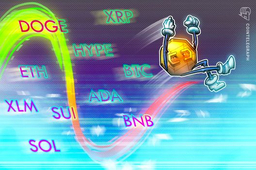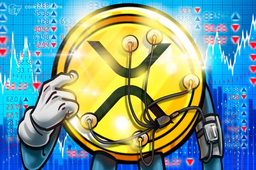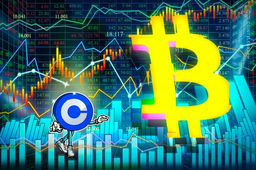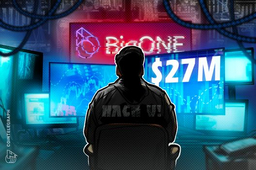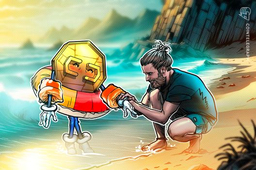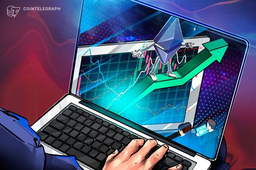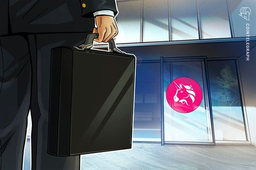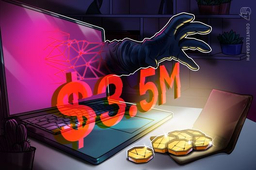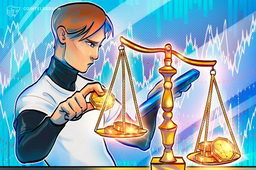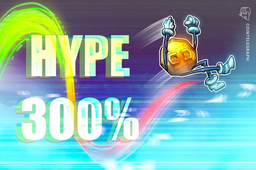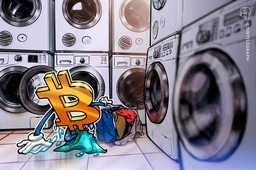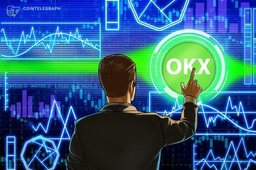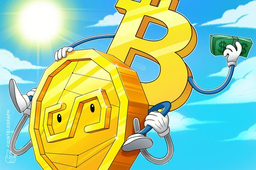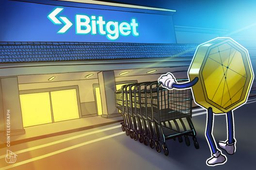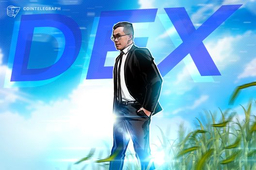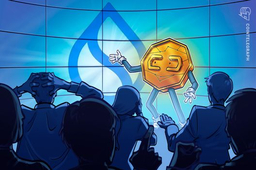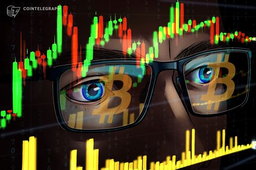Where to Buy & Sell Bitcoin and Crypto on a Decentralized Exchange (DEX)
As the cryptocurrency space continues to evolve, decentralized exchanges (DEXs) have become a preferred choice for users seeking greater privacy, control, and transparency. Unlike centralized platforms, a decentralized exchange enables peer-to-peer crypto trading directly from users’ wallets, without relying on intermediaries or custodial services.
For those looking to explore decentralized finance (DeFi), DEXs provide a gateway to buy crypto DEX platforms or sell crypto decentralized exchanges assets while maintaining full ownership of your private keys and funds.
How to Choose the Best DEX Exchanges for Secure Trading
Selecting the best DEX exchanges requires understanding how different protocols work. Most DEXs are built on blockchain networks such as Ethereum, BNB Chain, Solana, or Avalanche, and use smart contracts to execute trades automatically.
Key features of top-performing DEXs include:
- High liquidity through automated market makers (AMMs)
- Low fees and slippage
- Non-custodial trading (you retain your assets in your own wallet)
- Support for multiple token pairs, including wrapped assets and stablecoins
- Integration with Web3 wallets like MetaMask or Trust Wallet
Unlike centralized exchanges, there’s no sign-up process — you simply connect your wallet and begin trading. This seamless process is one of the major reasons users prefer to buy and sell Bitcoin and crypto via DEXs.
Bitcoin DEX Exchanges: Can You Trade BTC on Decentralized Platforms?
While most DEXs are built around Ethereum-compatible assets, it is still possible to access Bitcoin DEX exchanges using wrapped tokens like WBTC or renBTC. These are ERC-20 representations of Bitcoin that can be traded on Ethereum-based DEXs.
If you’re specifically looking for Bitcoin decentralized exchanges, platforms like Thorchain and AtomicDEX support native Bitcoin trading without the need for token wrapping. These protocols use cross-chain technology to enable true decentralized swaps between Bitcoin and other assets.
As a result, users who want to buy crypto DEX style or hold BTC in a decentralized wallet can still engage with the broader DeFi ecosystem without sacrificing decentralization or custody.
Selling Crypto on Decentralized Exchanges: What You Need to Know
To sell crypto decentralized exchanges, you simply reverse the trading process — connect your wallet, choose the pair, and execute the swap. There’s no need to withdraw funds, since your assets never leave your wallet to begin with.
Keep in mind the following tips for a smoother experience:
- Monitor gas fees (especially on Ethereum) and choose low-congestion times
- Use slippage control to avoid major price impact
- Be cautious of low-liquidity pools that could affect trade execution
Since DEXs don’t require identity verification, they don’t report transactions to tax authorities. However, users are still responsible for tracking gains and reporting them in jurisdictions where crypto income is taxable.
Why Decentralized Exchanges Are Gaining Popularity
Privacy, autonomy, and accessibility are driving the growth of decentralized platforms. In regions with strict regulations or limited banking access, a decentralized exchange offers an open and borderless way to access the global crypto market.
DEXs also empower users to participate in governance, liquidity provision, yield farming, and token launches — all without surrendering control to centralized intermediaries.
Whether you’re a DeFi veteran or a crypto newcomer, using one of the best DEX exchanges allows you to buy and sell Bitcoin and crypto directly from your wallet, with full transparency and minimal risk of censorship or lockouts.










